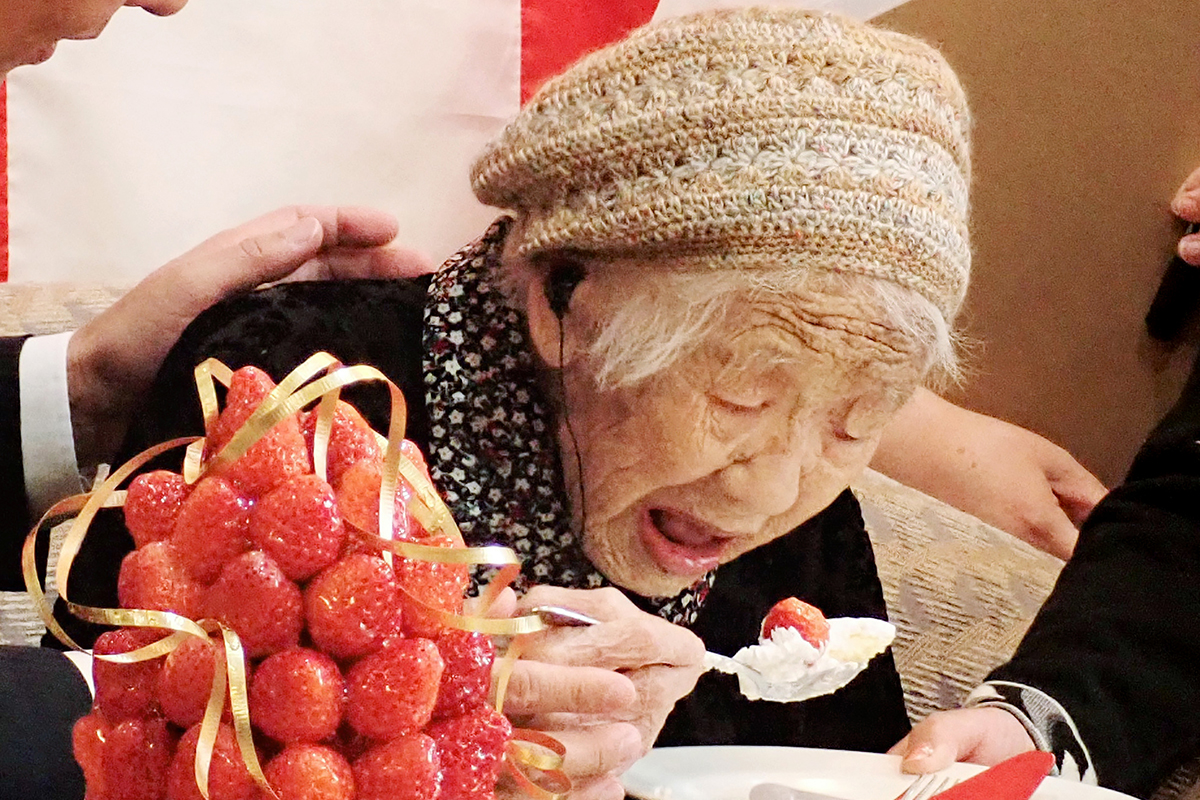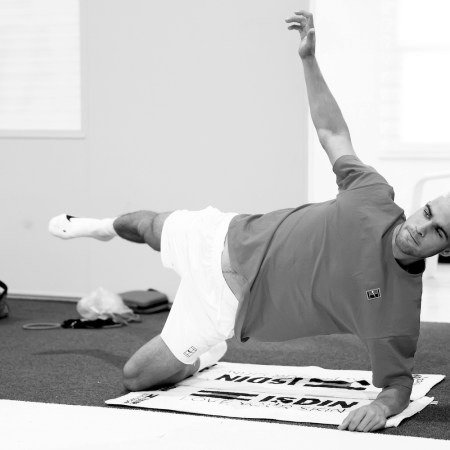Kane Tanaka, a Japanese woman who shared a birth year with the likes of George Orwell, Lou Gehrig and Bing Crosby, passed away last week at the age of 119, as CNN reported. According to longevity researchers she was the second-oldest verified human being to ever live, and the oldest ever from a country that’s famous for producing centenarians.
Tanaka had been in the news a bit in recent years — she was poised to play a part in the Olympic torch ceremony ahead of the 2020 Summer Olympics in Tokyo, but her family and Games officials scrapped the plan once the COVID-19 pandemic arrived. (Many publications pointed out at the time that Tanaka was one of the few people on the planet to live through both the 1918 influenza pandemic — which started when she was 15 — and the coronavirus pandemic.)
She lived through quite a bit, in fact: two world wars, five Japanese imperial reigns, 21 American presidencies, a dramatic industrialization of her home country and unthinkable global population growth. At the time of Tanaka’s birth, there were fewer than two billion people living on the planet. That number is now up to nearly eight billion.
Tanaka’s life was local, quiet and remarkably consistent. She married at the age of 19 and worked in a family shop that sold udon noodles into the age of 103. (Her husband passed away at the age of 90, after 71 years of marriage.) Her last few years were spent in a nursing home, and according to her family, she was frequently sick over the last few months. She falls a little over eight months short of her recent goal to live to 120.
It’s remarkable that Tanaka lived as long as she did, though, considering she suffered from a variety of serious ailments and illnesses over the decades, including paratyphoid fever, pancreatic cancer and colorectal cancer. Her life — along with those of other so-called “supercentenarians” — lends credence to latter-day scientific thinking that the human lifespan does not have a ceiling, but is actually heavily influenced by lifestyle and behaviors.
(Some scientists have suggested that ages 40 years above today’s average life expectancy as attainable for future generations. And with future medicine, which will lean heavily on cellular reprogramming, there’s no telling how long a human being could live. Is 200 years within reach? Many geneticists now say “Why not?”)
For her part, Tanaka appeared to casually observe two of the most important tenets of longterm health: curiosity and community. She kept her brain curious and agile, solving mathematics problems as a hobby; and she played an integral role in the world around her, engaging every day with family, customers and other members of her faith. (Tanaka was a devout Christian. Whatever your views on faith, engagement in religious communities has long been linked to longevity in Blue Zones throughout the planet.)
She reportedly made sure to eat and sleep well, too, which are essential to longterm health, but not in a manner that so many in the Western world have adopted, treating personal nutrition as some sort of punitive contest. Tanaka allowed herself treats, and retained her mirth. Years ago, she posed for her birthday photo while holding up a bottle of her beloved Coca-Cola.
The Charge will help you move better, think clearer and stay in the game longer. Subscribe to our wellness newsletter today.


















